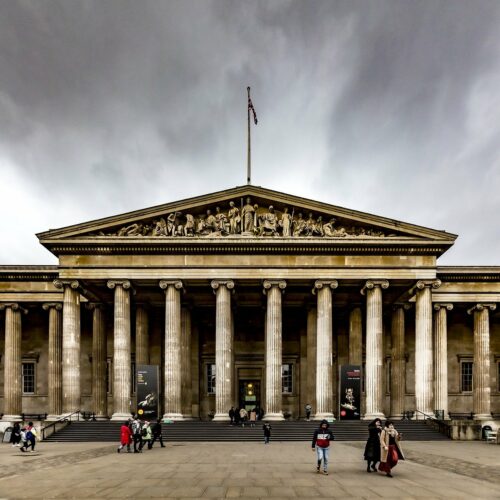

The British Museum is a museum of human history and culture in London. Its collections include objects of humanist heritage from the ancient world through to the 19th century. Prior to 1973, what is today the British Library was part of the British Museum, and its reading room was fertile ground for the rebel, the radical, and the irreligious. Through its doors came the likes of Charles Darwin, Karl Marx, George Bernard Shaw, and Virginia Woolf. Woolf, an avid reader and lover of London, wrote in 1916 that:
…we should be willing to read one volume about every street in the city, and should still ask for more. From the bones of extinct monsters and the coins of Roman emperors in the cellars to the name of the shopman over the door, the whole story is fascinating and the material endless.
The British Museum holds busts of a number of ancient Greek thinkers and writers who are part of the humanist tradition. Among these are:
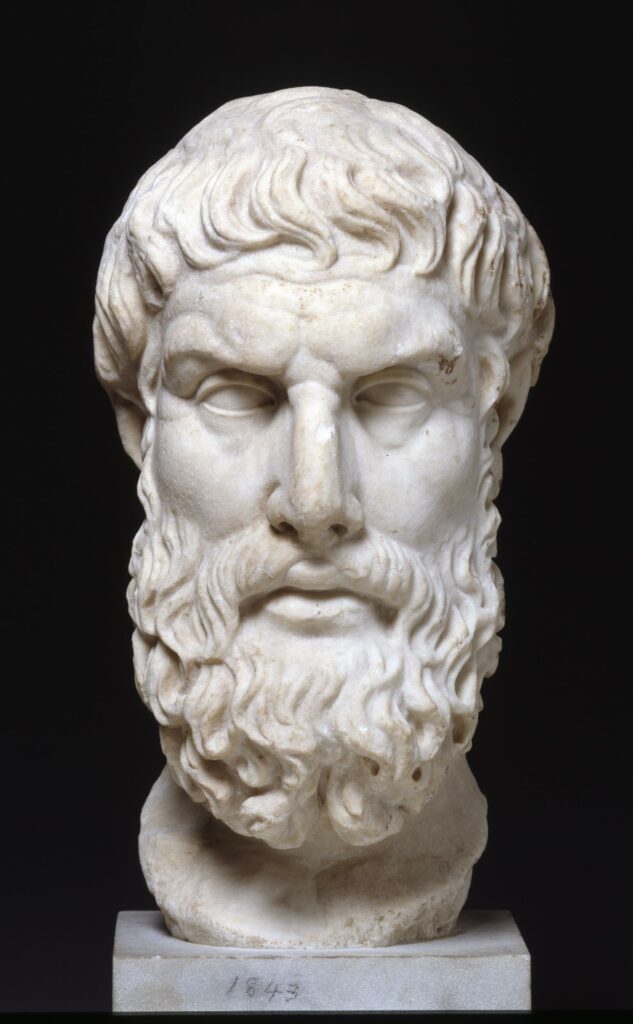
Socrates (469-399 BCE), whose freethinking scepticism brought him into conflict with authoritarian political forces of the day and led to his execution, and whose ethics were based on reason and experience, not religion.
Epicurus (341-270 BCE), who believed that human life had come about by natural processes, that happiness depended on moderation and the respect and friendship of others, and that there was no afterlife.
Chrysippus the Stoic (280-207 BCE), who believed reason, sympathy and knowledge were the tools human beings should use when addressing ethical problems.
Also on display is a famous bust of the Athenian democratic statesman Pericles, whose funeral oration as recorded by the historian Thucydides presents a model of the open society which has inspired humanist political philosophers from John Stuart Mill to Karl Popper.
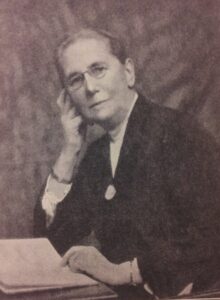
When we are asked to believe that nothing but a supernatural ideal can inspire and sustain a life-time of complete […]
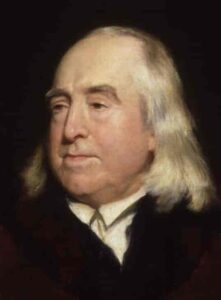
It is impossible that Theology can throw any light upon either morality or jurisprudence. Jeremy Bentham Philosopher and jurist Jeremy […]
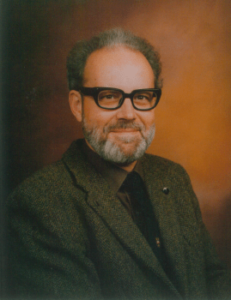
Humanism involves not just the deletion of God from moral thought, but the development of humanity on a rational and […]
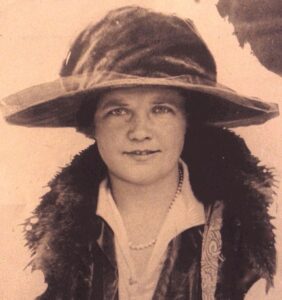
There is nothing in this world to compare with the joy of finding something to do that one believes to […]